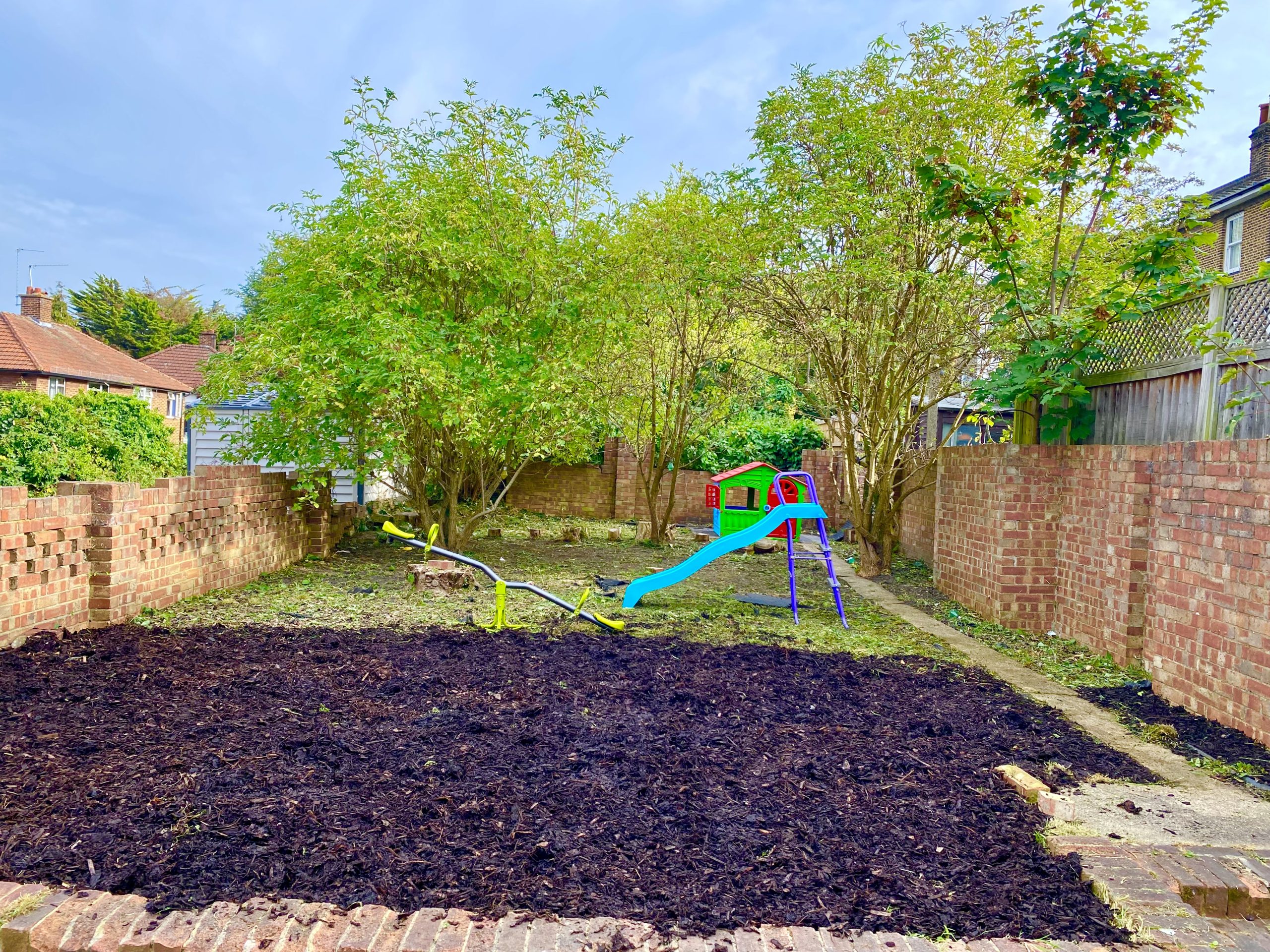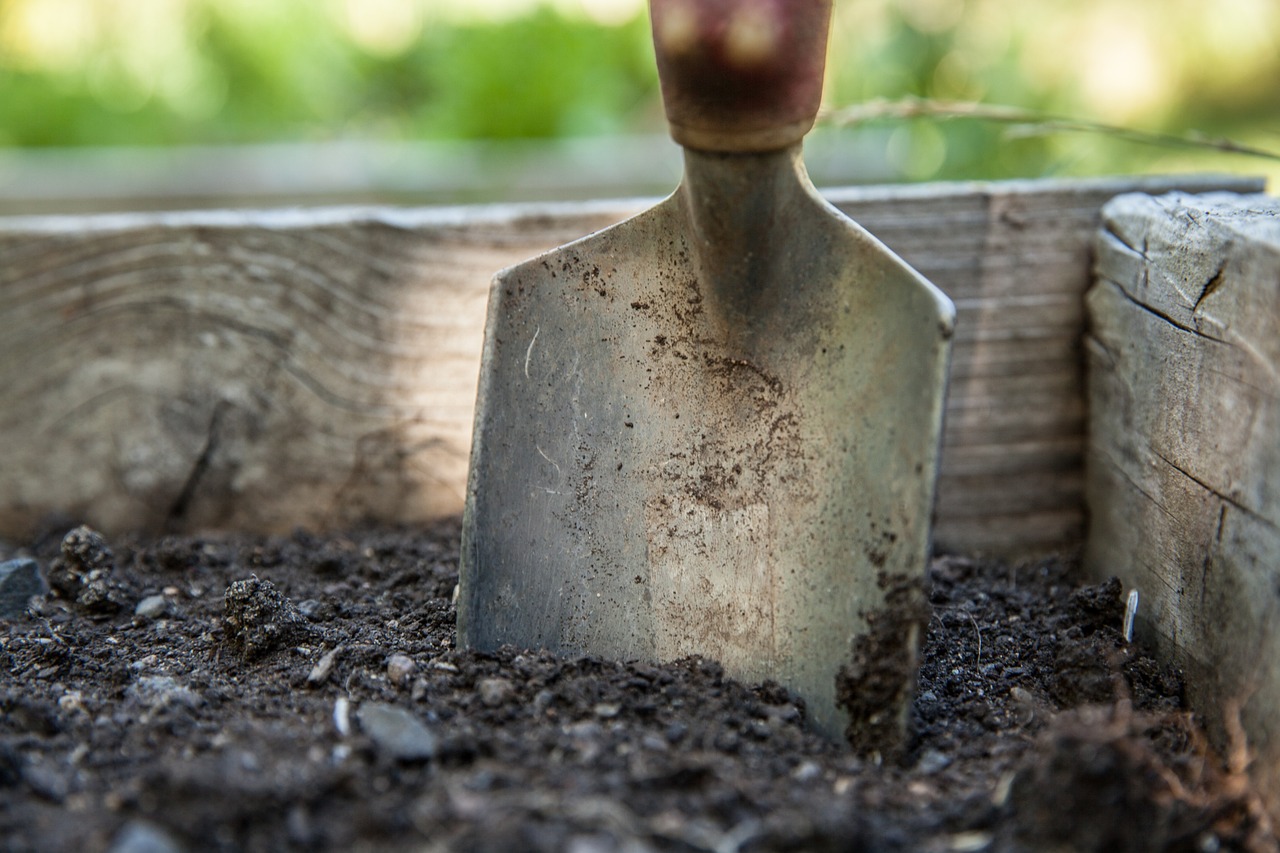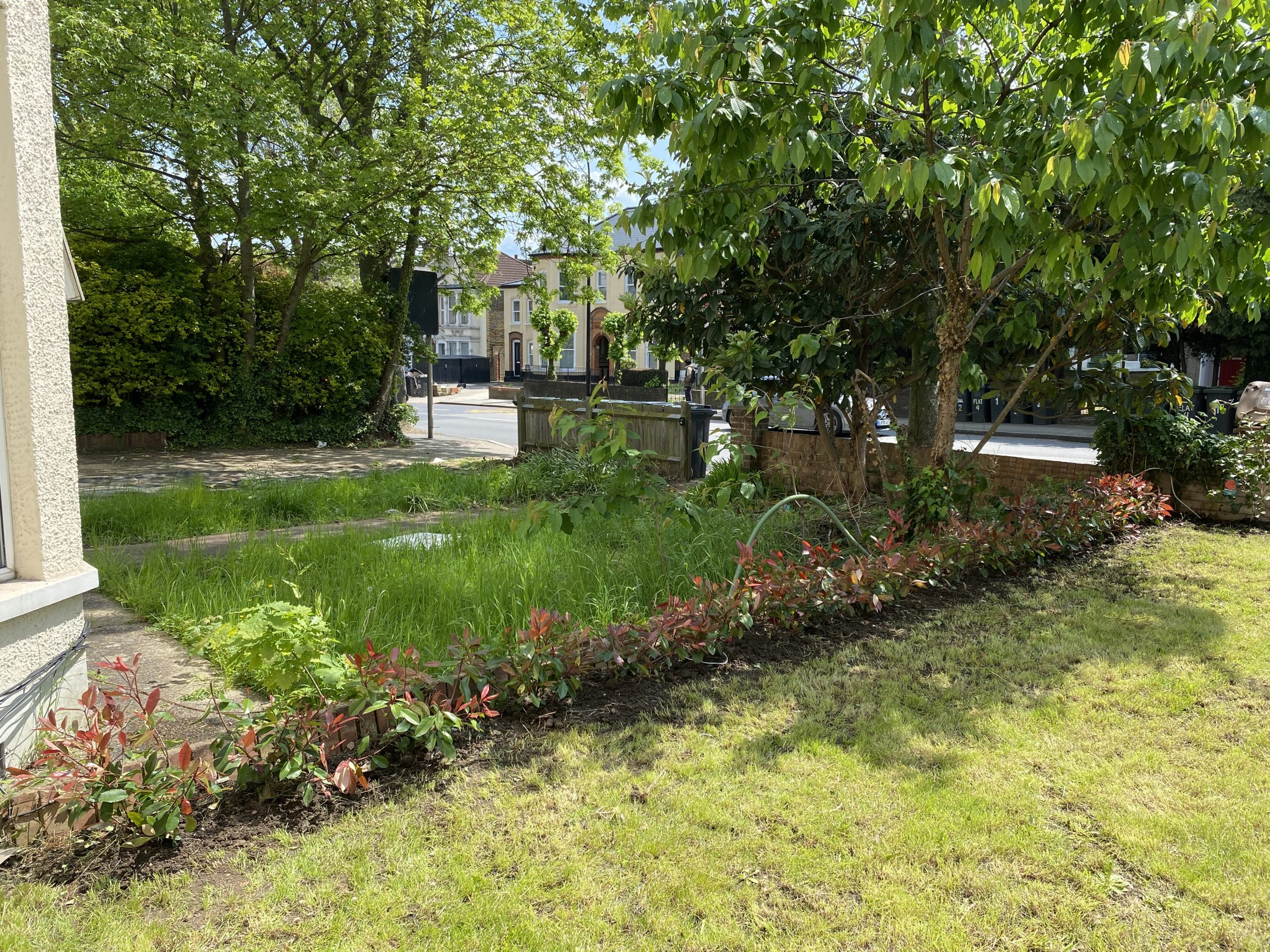Healthy soil leads to healthy plants! If you want to create a beautiful and thriving garden, it's essential to know how to prepare a nutrient-rich soil base.
These 7 easy tips will guide you in creating the perfect environment for your plants in Eltham, London.
The secret to a healthy garden lies in the soil.
It should be deep, friable, well-drained, and rich in organic matter. Regardless of the soil type, proper preparation is crucial for good seed germination and plant growth.
By following these guidelines, you'll create an environment that keeps your soil microbes and earthworms happy and thriving.
Luckily, even beginner gardeners can build good soil by following these 7 tips:
1. Incorporate Organic Matter
Organic matter is vital for soil health. It consists of decomposed and decomposing materials, such as plant residues, animal residues, and humus. As plants grow, they extract nutrients from the soil. Adding organic matter, such as compost or aged manure, is essential for maintaining soil fertility and promoting a healthy and productive garden.
Quality Garden Maintenance in South East London For a Neat And Tidy Outdoors
We live in a busy world with a fully loaded schedule, and we can do so many things every day. Our expert garden maintenance in South East London is the perfect fit for everyone, whether you are renting out, selling, or owning the place but just can't keep with the garden.
Learn about our Garden Maintenance service here.

2. Mulching
Many people may not be familiar with the term "mulching," but it is a gardening and agricultural practice that involves applying a layer of material, either organic or inorganic, around plants.
This layer, known as mulch, serves various purposes to benefit plant health and overall soil condition. By protecting microorganisms from the sun, acting as an insulator, moderating soil temperature, and feeding the soil with nutrients, mulching reduces the need for frequent weeding, watering, and other maintenance tasks.
3. Loosen and Till the Soil
In Eltham, London, loosening and tilling the soil are essential steps in soil preparation, each serving specific purposes to create an optimal environment for plant growth.
The primary goal of loosening the soil is to break up compacted layers and create a friable structure.
This can be achieved using a garden fork or a broad fork. Tilling, on the other hand, involves turning over the soil to prepare seedbeds, incorporate amendments, and control weeds.
This process improves drainage, encourages root development, and allows for better penetration of air and nutrients.
4. Timing is Important
Planning your soil preparation according to the planting season is crucial for ensuring optimal conditions for plant growth in Eltham, London.
During the winter months, when temperatures can be lower, it is important to take protective measures for the soil by covering it with a layer.
If you are planning to plant in the spring, start your soil preparation several weeks before the planting date. This allows sufficient time for soil amendments, such as compost or organic matter, to integrate with the soil. Summer planting can be challenging, so ensure that the soil has adequate moisture. Fall is an opportune time for soil preparation, especially if you are planning for a spring planting. Natural precipitation patterns in Eltham can help the amendments settle into the soil and promote their integration.
Conclusion: No matter which seasons you choose for soil preparation, being prepared is crucial. Follow these tips to create a nutrient-rich foundation for your plants, ensuring their optimal growth and overall health. By incorporating mulching, loosening and tilling the soil, and considering the timing of your soil preparation, you can set the stage for a successful gardening experience in Eltham, London.

5. Soil Testing
Before planting, it is important to conduct a thorough soil test to evaluate the pH level and nutrient composition of the soil.
This step is crucial in making informed decisions about any necessary soil amendments.Understanding the existing soil conditions is essential for creating an environment that is optimized for plant growth and productivity.
6. Amendments
Making changes to the soil is beneficial for providing the best conditions for plant growth.
Once you receive the results of the soil test, adjust the soil composition as needed. This may involve adding lime or sulphur to align with the desired pH levels.
Additionally, introducing more organic matter can improve the structure and fertility of the soil.
7. Raised Beds
You may wonder why raised beds are helpful for soil preparation. Well, elevated plant beds offer several advantages for gardening. They provide improved drainage, increased warmth during early spring, and clearly defined planting spaces.
Filling raised beds with a carefully crafted mixture further enhances plant health and productivity
Ready to hire experienced gardeners in Welling?
In order to provide the best conditions for our garden, make sure you use these 7 tips and you won’t regret it. Of course we’re here to help you if some of the steps don't fit you.
Contact us for more information on our Facebook page - Urban Gardeners South East London, by email - office@urbangardeners.co.uk, or just call us - +44 7760 800457.
Let us give you more tips or just let us do all the work for you!!


0 comments